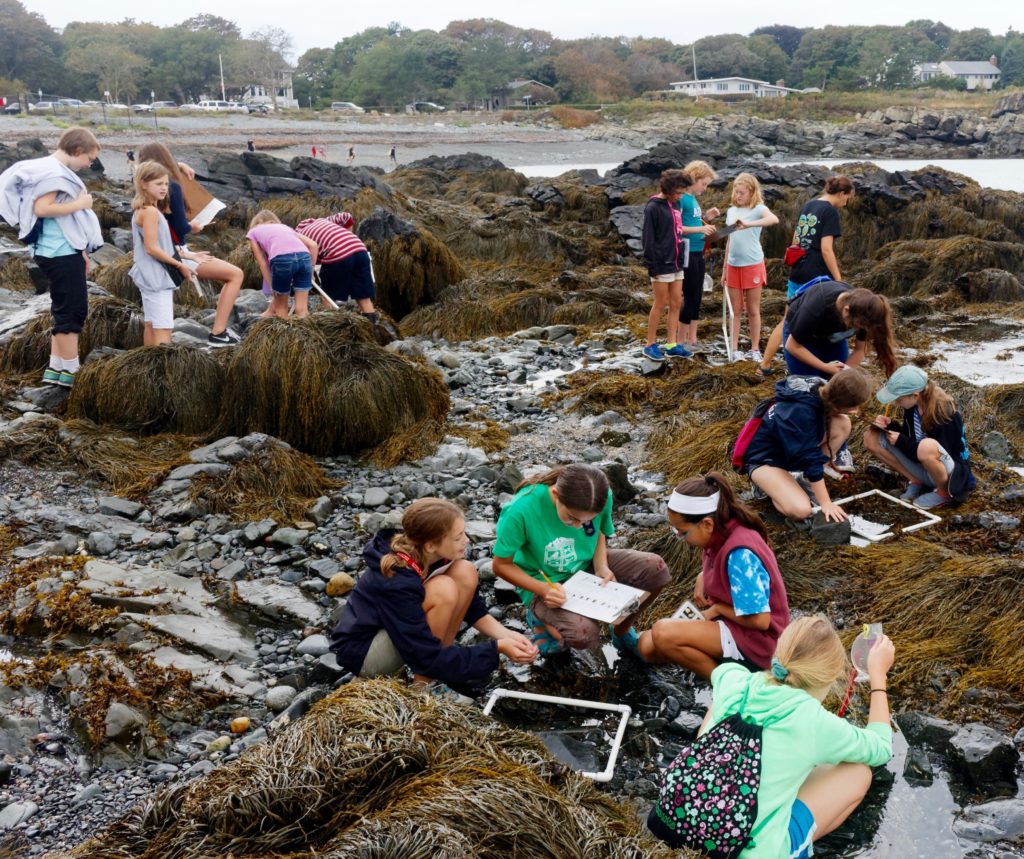Wake up and smell the salt air! Thursday, June 8, is World Oceans Day, a day set aside to honor, protect, and conserve the world’s oceans. And our oceans have never needed it more.
So, if you love oceans, Ocean Genome Legacy (OGL) at Northeastern University’s Marine Science Center urges you to stand up and do something. Give to the ocean-related charity of your choice. Call your local state or federal representative and tell them how important clean, healthy oceans are to you. Join in an event or celebration! Or, just visit your favorite beach or aquarium and appreciate its splendor.
Our oceans can’t save themselves. So, take this one day each year to do something—anything—for that lovely body of water that sustains the planet, and makes your life possible.

To find a World Oceans Day event in your area, check out www.worldoceansday.org/. And to support OGL to preserve the biodiversity of the sea, please consider making a gift.
